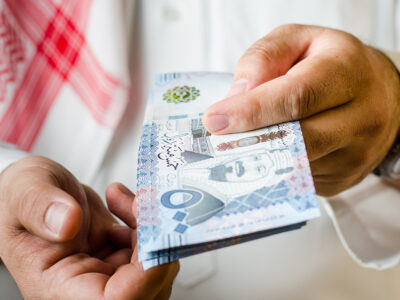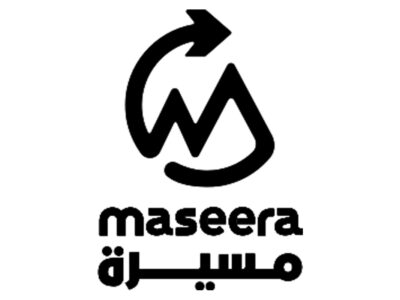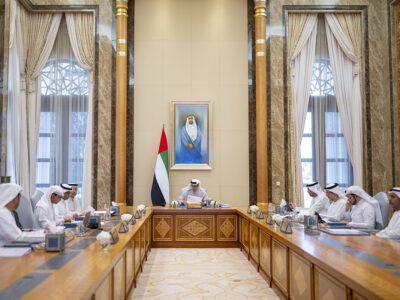The demand for Islamic banking is rising rapidly in the Middle East and globally, with the sector projected to reach $3.8 trillion by 2023, fuelled by the increasing shift in customers’ preference for social responsibility as a key motivation for using banking and financial sector products and services, a sector expert said.
The growth of the halal industry is also adding to the current momentum in the Islamic banking sector.
“While Islamic banking may only account for a small proportion of global finance, it’s one of the fastest-growing financial industries, with total assets in excess of $2trn. This figure is expected to reach $3.8trn by 2023 showing a clear direction of trajectory for the market,” Miljan Stamenkovic, general manager – MENA at Mambu, a leading banking and financial sector technology platform, told Arabian Business.
“Islamic finance shares some core values with ESG (environmental, social and governance) and ethical banking, which could see it benefit from the broader appeal of sustainable finance. With social responsibility becoming a key motivation in the products and services customers use, we’re [currently] seeing a surge in the demand for Islamic banking,” Stamenkovic added.
Stamenkovic said sectors such as Islamic healthcare, fashion, cosmetics and more are forecast to grow at unprecedented rates, thereby supporting the growth narrative of this market and, in turn, Islamic banking.
The Mambu senior executive, however, cautioned the Islamic banking and financial sector institutions in the Middle East that unless they move faster on adoption of technology and digitalisation in their operations, they could be left behind from the huge growth momentum underway in the region, as well as globally.
“Like other areas of banking, survival for traditional Islamic banks will depend on agility, digital adoption and the introduction of frictionless customer experiences,” he said.
Stamenkovic said open banking and working in a ‘partner ecosystem’ may also help large financial institutions (FIs) to stay relevant with fresh product offerings and digitally focused features.
 Miljan Stamenkovic, general manager – MENA at Mambu.
Miljan Stamenkovic, general manager – MENA at Mambu.
“Recognising the potential, Islamic banks are starting to see that technological advances will not only reduce operational costs but enable them to reach underserved markets – providing access to affordable, digital financial services globally.
“We’ve seen this already with the rise of neo banks more widely. As is often the case with innovation, disruptors agitate the market and force incumbent players to accelerate their own transformation in order to compete,” said the senior executive of Mambu, which works closely with Islamic banks among other financial institutions in the UAE, Saudi Arabia and the wider Middle East region.
“According to the World Population Review, there are 1.9 billion muslims globally. This presents a clear addressable market for Islamic banking services and the potential for the industry to extend its reach to all corners of the globe,” Stamenkovic said.





